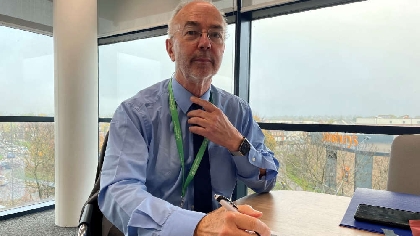
Tax rises by the new Labour government will put ‘immense pressure’ on Buckinghamshire Council’s budget, its Conservative leader
Martin Tett said the hikes announced by the chancellor Rachel Reeves on Wednesday, including on national insurance contributions (NICs), would increase the costs for his unitary authority.
Reeves is raising the levy on employers by 1.2 percentage points from next April and lowered the threshold at which employers are liable to pay NICs from £9,100 per year to £5,000.
Her Autum Budget also contained a rise in the national minimum wage from £8.60 to £10 an hour for 18 to 20-year-olds.
Cllr Tett said the government would reimburse the council’s own NICs but would not do so for services the council commissioned from other organisations.
These include things like work on Buckinghamshire’s roads, as well as domiciliary care and bin collections.
The council leader told the Local Democracy Reporting Service: “They are all going to feel the increased cost of national insurance and minimum wage increases.
“Those will be big numbers for them, and I would quite understand they would want to pass those costs onto us, which is going to put immense pressure on our budget.”
Cllr Tett said he would ‘push back’, but warned the council would face a ‘really difficult situation’ with suppliers of ‘vital services’ in which ‘extra costs imposed by the government budget’ would be passed onto taxpayers.
His comments come after a new survey by the Local Government Association published last week showed one in four English councils said they were likely to need an emergency government bailout within the next two financial years.
Local authorities legally have to balance their books and cannot go bankrupt in the same way an individual can, or a business can be declared insolvent.
Instead, they can issue what is called a ‘Section 114 notice’, a report from their chief financial officer, which restricts council spending.
Asked if Buckinghamshire Council would do this in the next two years, Cllr Tett said: “It all depends, the answer is, I hope not.
“I don’t think we will be issuing one in the next two years. A lot depends on this government. The way this government behaves is critical to the financial stability for this council.
“If they operate on a fair basis and follow the previous government’s means by which they had a methodology for allocating money, then I think we will be ok for at least the next couple of years.”
The council leader claimed Bucks was a ‘prudently-run’ council and ‘did not avoid the difficult decisions’ like some other local authorities.
Examples, he said, were choosing to raise car parking charges and the council’s proposed ‘Library Flex’ plan, which will see self-service technology introduced at libraries, while cutting staffed hours.
But he did warn that like many other council’s, the areas of council spending soaking up the most money included social care and children’s services.
On top of this, he warned of a ‘ballooning’ deficit in what is known as the ‘high needs block’ for children and young people with special educational needs and disabilities (SEND).
The block is one of four parts of what is called the ‘dedicated schools grant’ – a yearly payment from the Department for Education to local authorities.
The money is used by local authorities to support pupils with SEND needs in their education, which is a statutory duty for councils.
Buckinghamshire Council’s deficit for the special needs block last year was around £1.5m, before rising to £10m at the beginning of October.
But Cllr Tett said this was projected to rise even more in 2025, potentially reaching £15m.
He said: “I am now informally being told that it could be significantly higher by the end of this year and even higher again next year.”
The council leader added: “The problem is that the money we are getting in is not enough for the demand.”



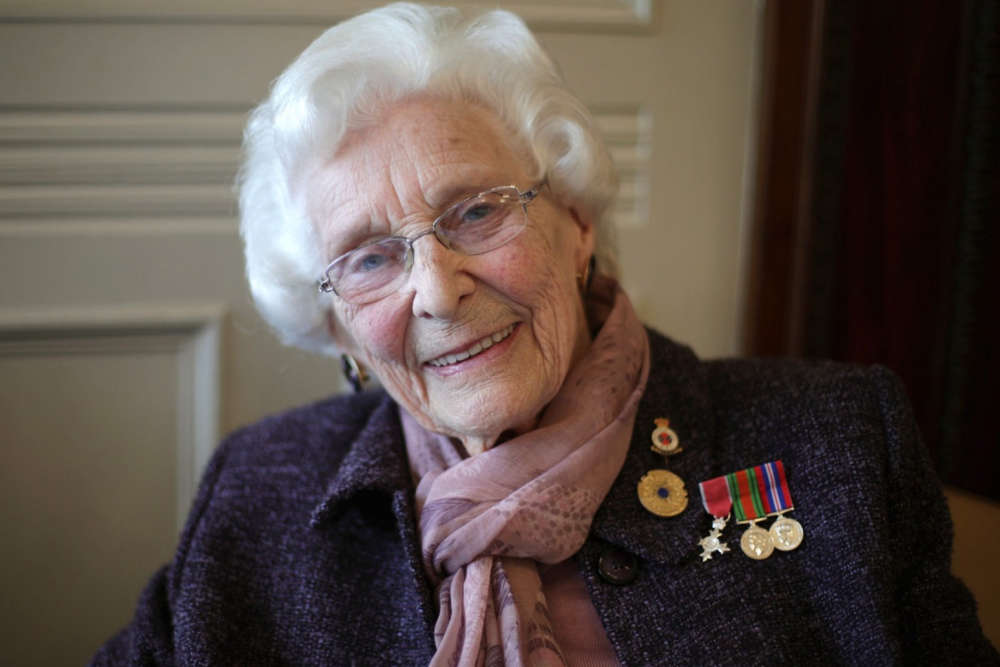 Bletchley Park Codebreaker and War Hero Betty Webb Dies at 101
Bletchley Park Codebreaker and War Hero Betty Webb Dies at 101
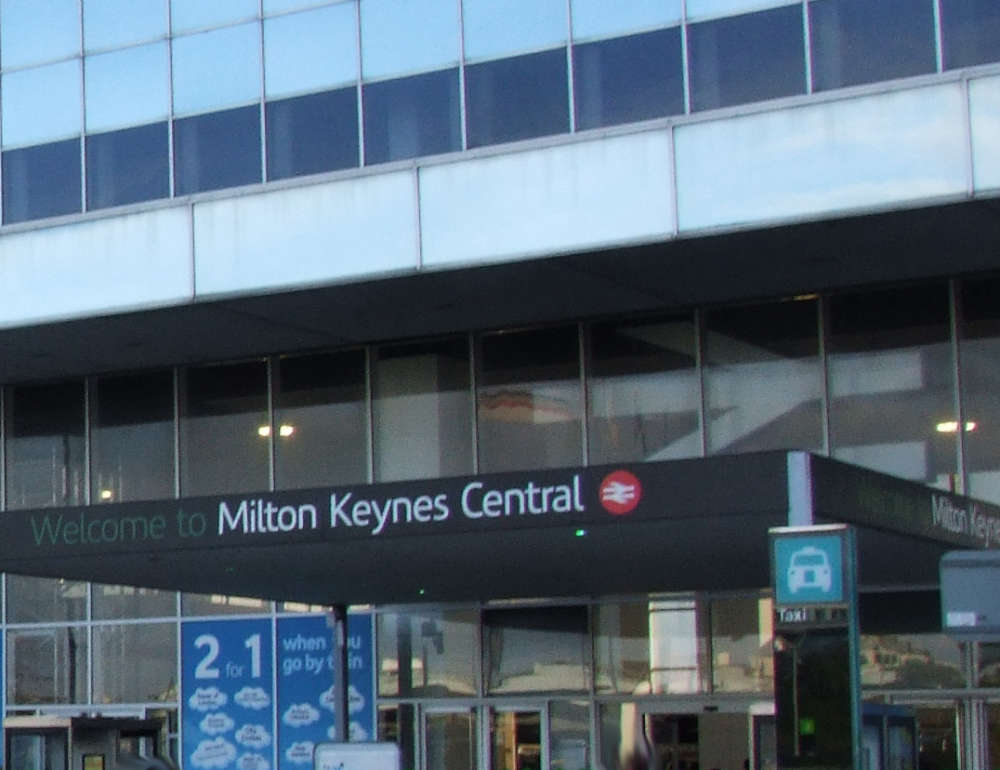 Man Fatally Shot by Police in Milton Keynes Incident
Man Fatally Shot by Police in Milton Keynes Incident
 A Scrumdiddlyumptious Eye-Popping Mural Unveiled at Great Missenden Station
A Scrumdiddlyumptious Eye-Popping Mural Unveiled at Great Missenden Station
 A Home for Straw Hat Plaiting at Amersham Museum
A Home for Straw Hat Plaiting at Amersham Museum
 Patients urged to book Covid-19 vaccination
Patients urged to book Covid-19 vaccination
 RAF Sergeant awarded British Empire Medal
RAF Sergeant awarded British Empire Medal
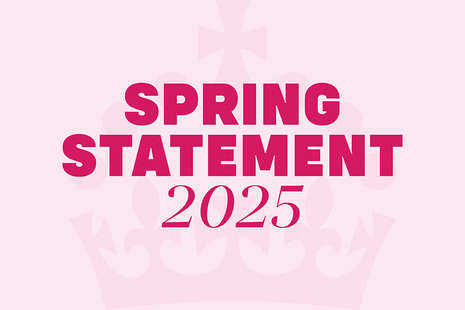 What our Local Labour MP's say about yesterdays (26/03/25) Spring Statement.
What our Local Labour MP's say about yesterdays (26/03/25) Spring Statement.
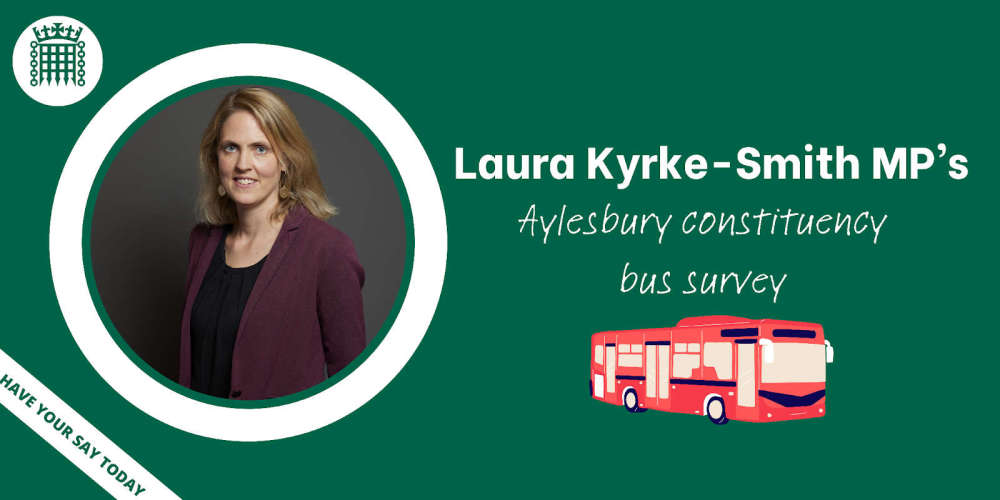 Aylesbury MP calls on Red Eagle Buses to review timetable for new 500 service
Aylesbury MP calls on Red Eagle Buses to review timetable for new 500 service












